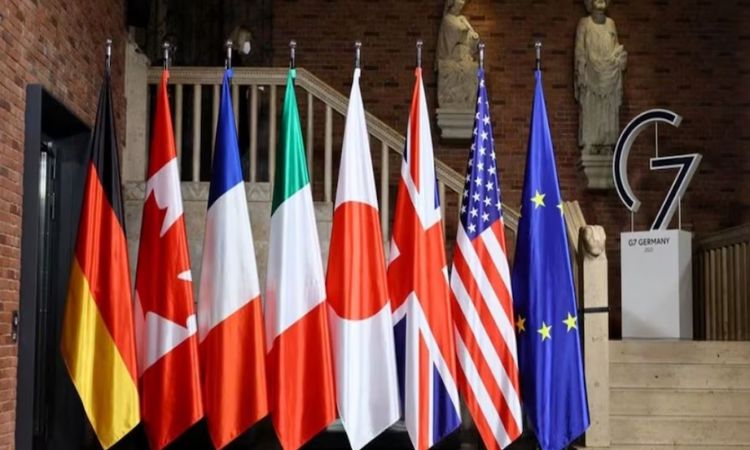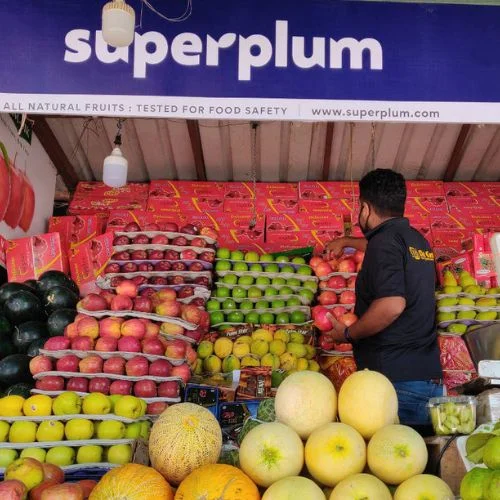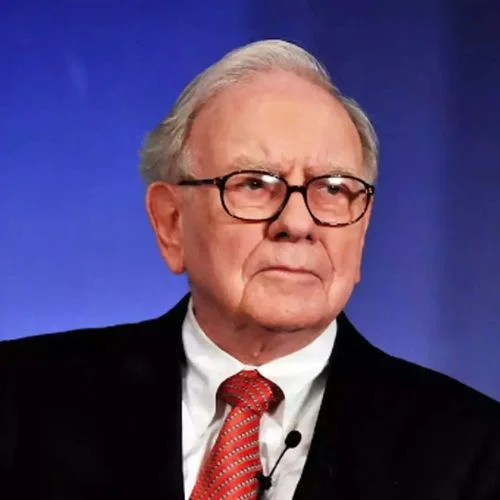The new actions of G7 leaders, which were revealed during the talks held from May 19 to 21, would target third-country sanctions evasion, aim to impair Russia’s future energy output, and stifle commerce that benefits the Russian armed forces.

At their summit this week in Japan, the leaders of the Group of Seven (G7) countries intend to impose further sanctions on Russia, according to people with direct knowledge of the deliberations. The measures are aimed at energy and exports that support Moscow’s war effort.
The persons stated that further measures outlined by the leaders during the talks on May 19–21 will target third-country sanctions evasion and seek to impair Russia’s future energy output and curtail commerce that supports Russia’s military.
In a separate development, U.S. officials anticipate that the G7 would agree to change its approach to sanctions such that, at least for some categories of commodities, all exports are automatically prohibited unless they are on a list of permitted items.
The G7’s current sanctions policy permits all items to be supplied to Russia unless they are specifically banned, despite past pressure from the Biden administration on G7 members to change this policy.
Moscow could now find it more challenging to find any gaps in the sanctions regime.
Although the allies have not yet decided whether to apply the more restrictive approach universally, U.S. officials believe that the G7 nations will adopt a presumption that exports are barred unless they are on a specific list in the areas that are most important for Russia’s military.
It is yet unclear exactly where these new restrictions will be applicable.
A U.S. source who asked to remain unnamed said, “You should expect to see, in a handful of spaces, particularly relating to Russia’s defense industrial base, that change in presumption happens.”
Before being made public at the summit, the specific wording of the joint declarations of the G7 leaders is still up for discussion and change.
The G7 consists of the United States, Japan, Canada, France, Germany, Italy, and the United Kingdom.
The G7 leaders’ action on Russia comes as Ukraine’s Western allies look for new ways to impose even stricter sanctions on that country, such as export controls, visa restrictions, and an oil price cap, which have put pressure on Russian President Vladimir Putin but haven’t stopped the full-scale invasion that began more than a year ago.
The concept of broadly restricting commerce and thereafter providing category-by-category exclusions has run afoul of certain U.S. partners.
Since Russia attacked Ukraine, the European Union, for example, has developed its own strategy and is presently drafting its eleventh package of sanctions, the majority of which are targeted at individuals and nations that evade trade restrictions.
According to a senior German government official, the sometimes-discussed strategy of “we ban everything first and allow exceptions” will not be successful. “We want to avoid unintended side effects and be extremely precise.”
However, any linguistic modification made by the G7 leaders, such as stating that a certain type of trade is prohibited unless expressly exempted, may not instantly result in more sanctions or even a shift in Russia’s position.
According to the U.S. source, the assumption modification doesn’t change the substance of what is allowed, at least on day one, but it matters for the longer-term trajectory of where we’re going and the restrictiveness of the overall system.
In the upcoming weeks, Ukraine is anticipated to start significant counteroffensive operations with financial and armed support from the West in an effort to retake parts of its east and south from Russian soldiers.
Volodymyr Zelenskiy, the president of Ukraine, visited Europe this week for discussions with Pope Francis and the presidents of France, Italy, and Germany. He is anticipated to speak to the G7 leaders during their summit in Hiroshima, according to the authorities.
Dmitry Medvedev, a former Russian president, predicted last month that Moscow would end a Black Sea grain agreement that permits crucial grain shipments from Ukraine if the G7 decided to impose export restrictions on the nation. Another important subject at the G7 is anticipated to be food security in the post-war period.















